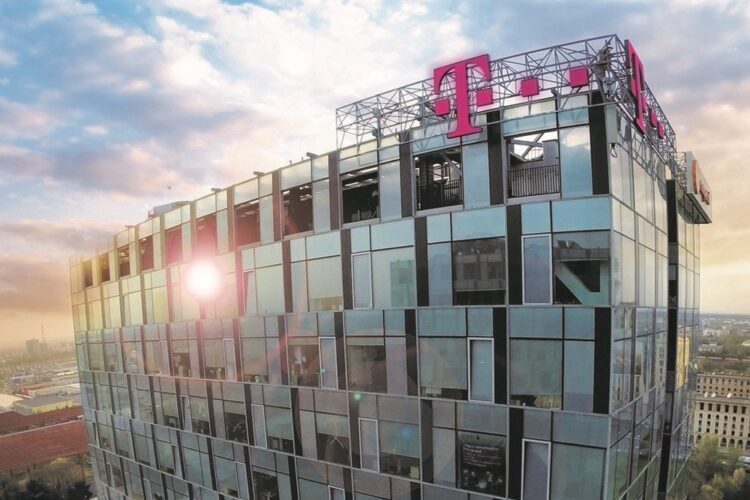Regulator ANCOM says fixed wireless access is increasing across the country
Internet users in Romania last year recorded an average download speed of 587Mbps for fixed line internet in 2023, up by around 10% compared to 2022, and an average upload speed of 548Mbps, up by an impressive 20%, according to Romanian regulator ANCOM based on tests it carried out using its Netograf platform, which offers access to detailed statistics on several broadband quality parameters. In all the regulator carried out 85,000 fixed line tests.
One of the more striking findings from ANCOM is the big jump in wi-fi speeds connecting to fixed line networks. In 2023, the average download speed for wi-fi was 156Mbps which was up 15% compared to 2022, while the average upload speed was 126Mbps (up 13%).
“From the analysis of statistics for 2023 for fixed internet, there is generally a consolidation of a trend of balancing average download and upload speeds in fixed networks (cable and wi-fi) for large providers on the Romanian market (depending on the number of connections), which suggests adapting electronic communications services to users’ needs,” stated the regulator.
According to think tank, Blue Europe, Romania’s internet penetration rate is one of the highest in Europe, surpassing even some of the continent’s wealthiest countries like France, Belgium, Finland, and Austria. In January 2023, Romania had 17.82 million internet users, indicating an 88.9% internet penetration rate of the total population.
Blue Europe points out that Romania stands out in the European Union and globally for offering some of the most affordable fixed internet services. Climbing three positions in the global ranking, Romania now boasts an average monthly broadband cost of RON 35 (USD 7.57), marking a decrease from the previous year. The range of internet packages varies significantly, with the cheapest subscription at RON 6 (USD 1.30) and the most expensive at RON 45 (USD 9.73).
Mobile only sees mixed results
In terms of mobile internet access, statistics obtained from tests conducted by users within the Netograf platform in 2023 revealed an average download speed of 39Mbps (compared to 38 Mbps in 2022) and an average upload speed of 12Mbps (compared to 15Mbps in 2022). ANCOM said around 31,000 valid tests were conducted on mobile internet providers.
In January, Opensignal reported that Orange won its Download Speed Experience speed test with a score of 37.8Mbps and a lead of 4.5Mbps over runner-up Digi Mobil; Orange wins Upload Speed with a score of 11.8Mbps, 0.9Mbps above the closest competitor — Vodafone. These measures are obviously not just 5G.
Market in flux
While a lot of focus goes on Digi Romania or RCS&RDS, the other operators in Romania and ramping up their own strategies. In January, Orange Romania agreed to a full merger of its mobile and fixed operations, with the Romanian Government owning a 20% stake in the combined operator. The government approved the merger in December between Orange Romania, the largest telecom group in the country, and Orange Romania Communications, the former state telecom company Romtelecom, in which Orange owns 54% of the shares and the Romanian state holds the remaining 46% through the Ministry of Research, Innovation and Digitalisation.
Meanwhile in February, Vodafone announced it was installing new Open RAN sites in 20 cities across Romania, following successful tests it started with Samsung and other partners last year in the country. That was in addition to signing a six-year deal with Ericsson to replace mostly Huawei kit with the Swedish vendor’s 5G RAN portfolio including Massive MIMO, Antenna System and latest generation of radios and basebands in the country.
The EU recently reported that compared to the pre-pandemic levels in 2019 (91%), 2023 saw an increase of 2.9 percentage points (pp) in fixed broadband connection among enterprises across EU countries. The most notable increases were seen in Greece (15.8 pp), Romania (15.6 pp), and Bulgaria (8.7 pp). In fact, Romania is only behind Denmark on EU enterprise fixed line connectivity – well above the EU average.
Source link : https://www.mobileeurope.co.uk/romania-sees-solid-fixed-line-broadband-speed-increases/
Author :
Publish date : 2024-05-14 23:04:28
Copyright for syndicated content belongs to the linked Source.
